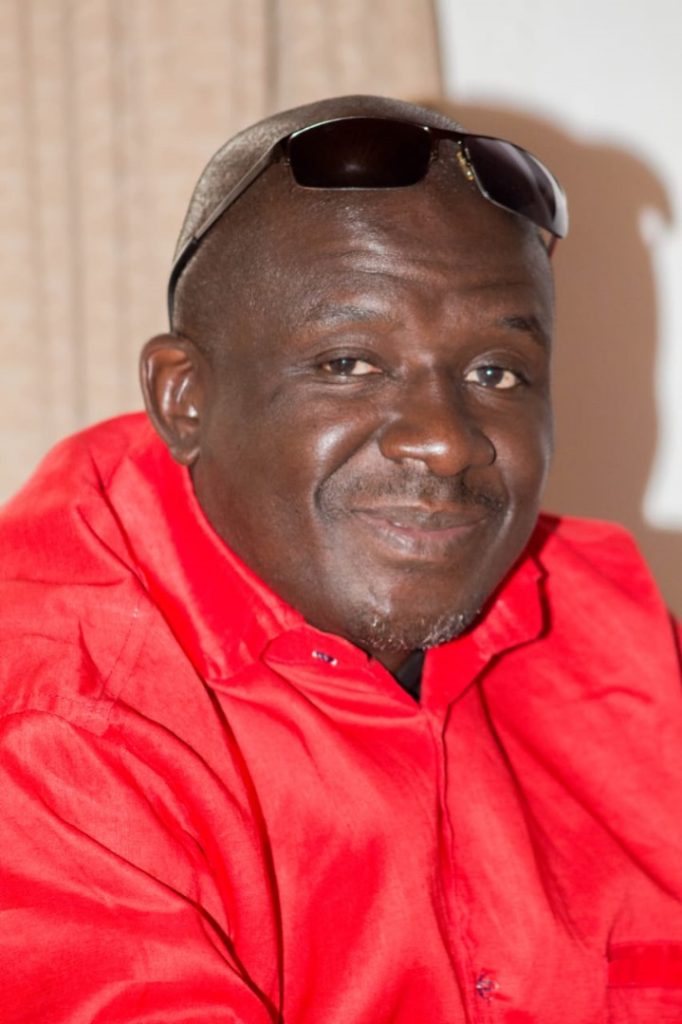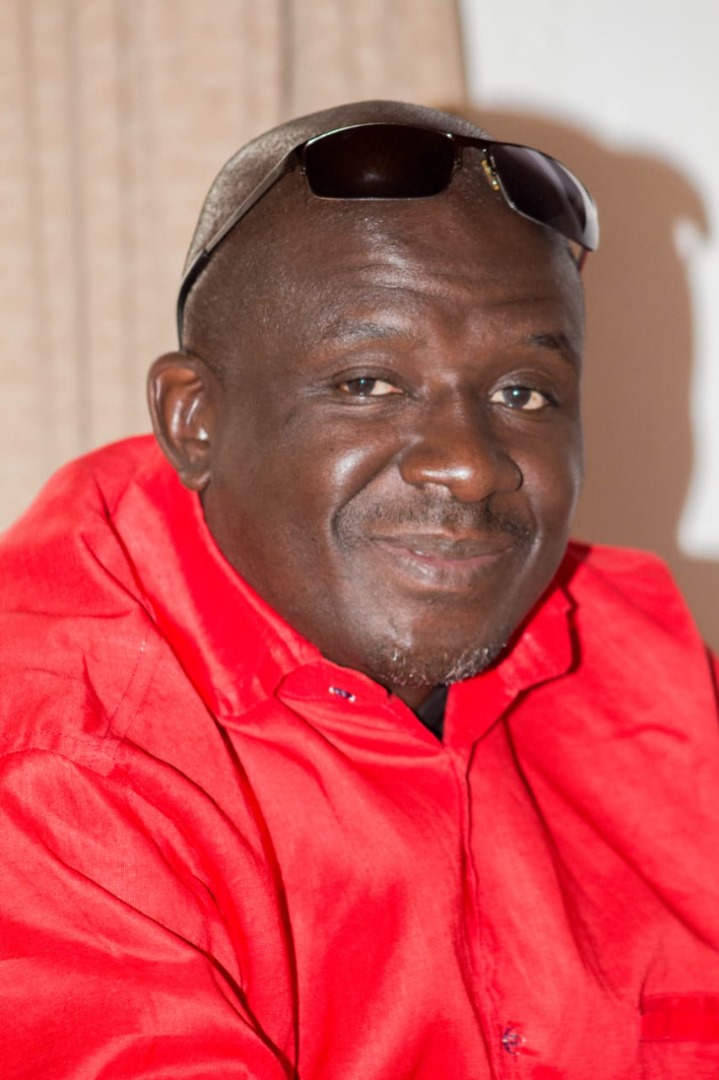Malawi’s renowned Governance and Human Rights Advocate, Undule Mwakasungula, has called upon authorities in the Government of Malawi to do more to unburden ordinary Malawians from the impact of the social an economic hardships the country is going through.
In his summary analysis of the 2024-25 Malawi Mid-Year Budget Statement as presented by the Minister of Finance, Simplex Chithyola Banda, in the National Assembly, Mwakasungula said it was clear that the tough economic challenges Malawi is facing, including rising inflation, food insecurity, and slow economic growth, coupled with the effects of natural disasters, have strained the country’s economy.

He said while the government’s efforts to stabilize the situation are evident, more must be done to ensure ordinary Malawians feel the impact of these measures.
“The government’s plan to cut spending and focus on austerity is necessary to manage the national debt, but authorities must be urged to prioritize sectors that directly benefit vulnerable groups. For example, food security and social services like health and education must remain a top priority so that no Malawian is left behind,” reads the summary analysis.
The health sector, adds the analysis, is a critical area that needs more focused attention in the 2024-25 Mid-Year Budget.
But Mwakasungula notes that while the recruitment of health workers and inclusion of previously donor-supported staff on the payroll are positive steps, there is a glaring gap in resources allocated to combat Non-Communicable Diseases (NCDs).
He said these conditions are silently killing many Malawians and stretching the already fragile healthcare system.
However, the fearless human rights defender commends the government for the initiatives like the recruiting healthcare workers and boosting agricultural programs such as the Affordable Inputs Program and mega farms, stressing that these are critical steps to fight hunger and improve livelihoods.
“However, delays in key projects and underperformance in spending on development are concerning. Rural communities and marginalized groups rely heavily on these projects for essential services, and such delays could worsen inequalities,” said Mwakasungula.
On governance, Mwakasungula stated that the move to strengthen fiscal discipline, improve public procurement, removal of Value Added Tax (VAT) waiver on motor vehicle imports for privileged individuals and introduction of electronic tax systems shows the government’s commitment to fighting corruption and improving accountability.
He said this collective effort is encouraging to ensuring that the government could meet its fiscal targets and drive economic recovery. In removing the VAT waiver for high-income earners, the government is taking a bold step toward fairness and accountability.
Mwakasungula emphasizes that the decision the government had taken is not just a financial measure, but a symbol of solidarity, where those with greater resources contribute more towards the rebuilding of the economy.
“It is a call for all sectors of society to recognize their role in strengthening the nation, ensuring that the burdens of recovery are shared equitably. However, strong enforcement and transparency will be key to ensure these reforms succeed. Malawians would want to see government walk the talk.
“On Inflation, particularly the high food prices, remains a serious issue, affecting the daily lives of Malawians. The increase in funding for maize purchases and disaster relief programs is welcome, but these efforts should go hand in hand with long-term strategies to build economic resilience and reduce reliance on external aid,” he said.
“All in all, while the government has taken steps to respond to Malawi’s economic challenges, more focus is needed on timely delivery of projects, protecting vulnerable groups, and ensuring Malawian’s participation in decision-making. Only through inclusive governance could we build a resilient economy and uphold the rights and dignity of every Malawian,” concluded Mwakasungula.
